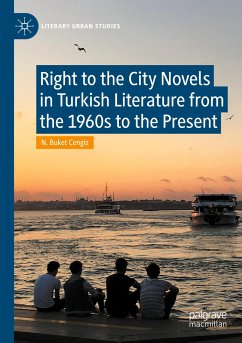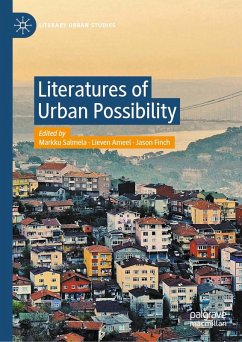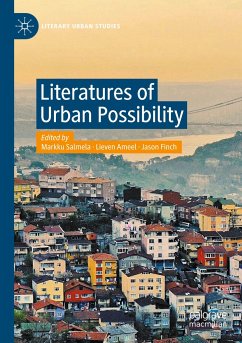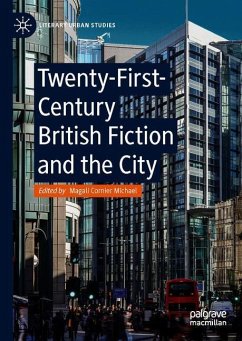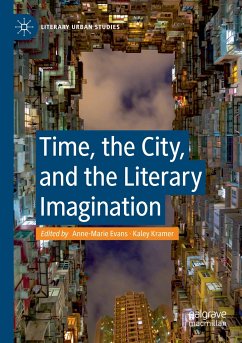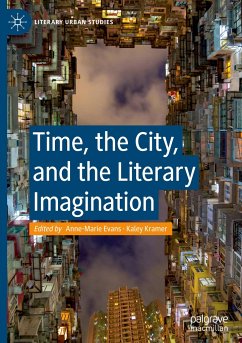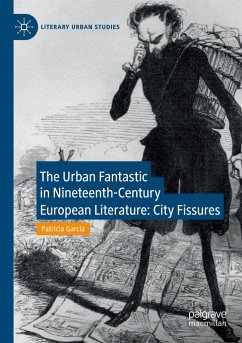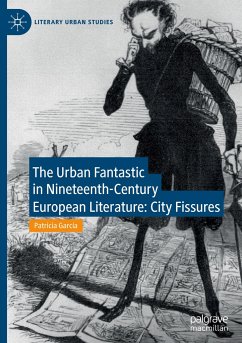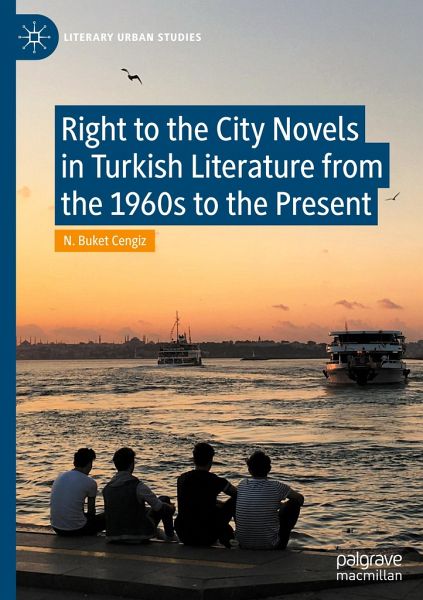
Right to the City Novels in Turkish Literature from the 1960s to the Present
Versandkostenfrei!
Versandfertig in 6-10 Tagen
91,99 €
inkl. MwSt.
Weitere Ausgaben:

PAYBACK Punkte
46 °P sammeln!
Right to the City Novels in Turkish Literature from the 1960s to the Present analyses the representation of rural migration to Istanbul in literature, placing Henri Lefebvre's concept of the right to the city at the centre of the argument. Using a framework of critical urban theory, the book examines Orhan Kemal's Gurbet Kuslari [The Homesick Birds] (1962); Muzaffer Izgü's Halo Dayi ve Iki Öküz [Uncle Halo and Two Oxen] (1973); Latife Tekin's Berci Kristin Çöp Masallari [Berji Kristin: Tales From the Garbage Hills] (1984); Metin Kaçan's Agir Roman [Heavy Roman(i)] (1990); Ayhan Geçgin's...
Right to the City Novels in Turkish Literature from the 1960s to the Present analyses the representation of rural migration to Istanbul in literature, placing Henri Lefebvre's concept of the right to the city at the centre of the argument. Using a framework of critical urban theory, the book examines Orhan Kemal's Gurbet Kuslari [The Homesick Birds] (1962); Muzaffer Izgü's Halo Dayi ve Iki Öküz [Uncle Halo and Two Oxen] (1973); Latife Tekin's Berci Kristin Çöp Masallari [Berji Kristin: Tales From the Garbage Hills] (1984); Metin Kaçan's Agir Roman [Heavy Roman(i)] (1990); Ayhan Geçgin's Kenarda [On the Periphery] (2003); Hatice Meryem's Insan Kisim Kisim, Yer Damar Damar [It Takes All Kinds] (2008); and Orhan Pamuk's Kafamda Bir Tuhaflik [A Strangeness in My Mind] (2014) in the historical context as regards rural migration to Istanbul, urbanization of migrants, and anti-migrant nostalgia. Situating these works as a counterpoint to nostalgic novels and categorising them as right to the city novels, the book aims to offer a conceptual framework that can be implemented on internal as well as international migration in other global(ising) cities; and on cultural products other than literature, such as film.





